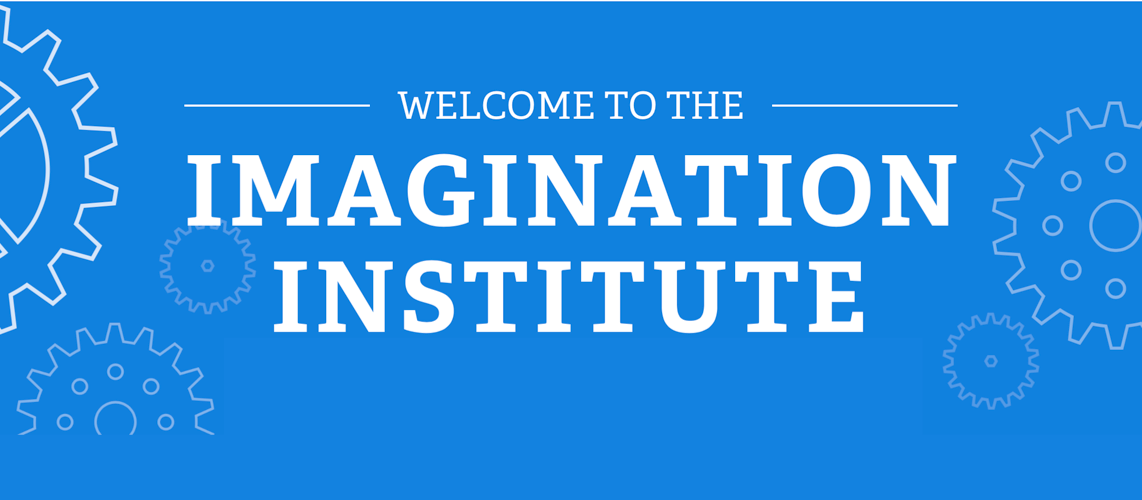Philadelphia, PA
December 2-4, 2016
Media Reports
Participants
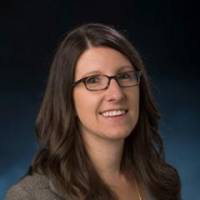
Jessica Andrews-Hanna
Jessica Andrews-Hanna received her M.A. in Neuroscience at Washington University in St. Louis in 2006, her Ph.D. in Psychology at Harvard University in 2009, and currently directs the Neuroscience of Thought and Emotion (NET) Laboratory in the Institute of Cognitive Science at the University of Colorado Boulder. In January 2017, she and the laboratory will be relocating to the University of Arizona, where Dr. Andrews-Hanna will begin an Assistant Professor position in the Department of Psychology and the Cognitive Science Program. Her work seeks insight into the psychological and neural mechanisms underlying spontaneous and deliberate internally-guided processes, spanning autobiographical memory, prospective thinking, mentalizing, emotion, mind-wandering and creativity. She is passionate about exploring these processes across the lifespan and in a variety of mental health disorders, with an ultimate goal of developing interventions to help individuals harness the beneficial aspects of internally-guided cognition and live happier, healthier lives. Dr. Andrews-Hanna’s research has received grant funding from the National Institutes of Mental Health, the National Institutes of Aging, the Templeton Foundation, and the Brain & Behavioral Research Foundation, and has been featured in the field’s top journals including Neuron, Nature Reviews Neuroscience, Annals of the New York Academy of Science, and JAMA Psychiatry.
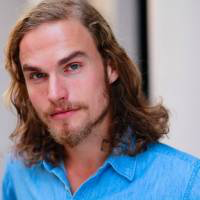
Drake Baer
Drake is a senior writer at Science of Us, New York Magazine’s social science vertical. He covers society inside and outside the lab, from neuroscience to personality to relationships to crime. Before New York, he was a correspondent at Business Insider and a contributing writer at Fast Company. He is the co-author of Everything Connects: How to Transform and Lead in the Age of Creativity, Innovation, and Sustainability. He made his first circumnavigation of the globe before turning 25 and seeks to explore further and farther.
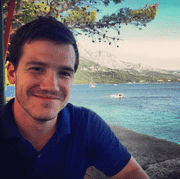
Roger Beaty
Roger Beaty is a Postdoctoral Fellow in the Department of Psychology at Harvard University. Roger completed his undergraduate training at Temple University, and his graduate training at the University of North Carolina at Greensboro. His research uses behavioral, neuroimaging, and experience-sampling methods to examine cognitive and neural mechanisms supporting creative cognition and artistic performance. Roger is particularly interested in understanding the role of memory systems and cognitive control to various creative thinking processes, such as musical improvisation and figurative language production, and the brain network dynamics supporting imagination and creativity.
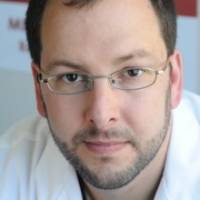
Randy Buckner
Randy is Professor of Psychology and Neuroscience at Harvard University affiliated with the Center for Brain Science and Director of the Psychiatric Neuroimaging Research Division at the Massachusetts General Hospital. He is also on the faculty of the Athinoula A. Martinos Center for Biomedical Imaging. Trained in cognitive psychology and systems neuroscience, Randy’s work has centered on understanding how the brain supports high-level cognition and why dysfunction arises in illness.
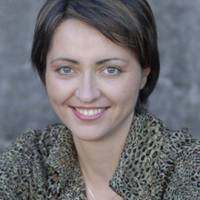
Kalina Christoff
Kalina Christoff is an Associate Professor in the Psychology Department and the Brain Research Centre at the University of British Columbia. She completed her doctoral work at Stanford University with John D. E. Gabrieli, and her postdoctoral training atCambridge, UKwithAdrian M. Owen. Her research focuses on the neural and cognitive mechanisms of human thought, reasoning and memory, using functional Magnetic Resonance Imaging (fMRI).
Her work on the functions of the anterior prefrontal cortex (PFC) has linked this part of the brain to the uniquely human mental processes of introspection and meta-awareness. Dr. Christoff’s most recent work focuses on examining spontaneous forms of thought, such as memories and thought streams occuring in the form of mind wandering. She is also interested in examining meditation-based thought phenomena such as mindfulness, and developing clinical applications for fMRI using real-time fMRI feedback to train modulation of activation in specific brain regions.
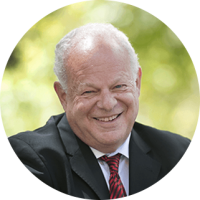
Martin Seligman
Martin Seligman is the Director of the Positive Psychology Center at the University of Pennsylvania and Executive Director of the Imagination Institute. Commonly known as the founder of Positive Psychology, he is a leading authority in the fields of Positive Psychology, resilience, learned helplessness, depression, optimism, and pessimism. He is also a recognized authority on interventions that prevent depression, and build strengths and well-being. He has written more than 250 scholarly publications and 20 books. Dr. Seligman’s books have been translated into more than twenty languages and have been best sellers both in America and abroad. Among his better-known works are Flourish, Authentic Happiness, Learned Optimism, The Optimistic Child, Helplessness, and Abnormal Psychology. His book Character Strengths and Virtues: A Handbook and Classification, was co-authored with Christopher Peterson.
In 1998, Dr. Seligman was elected President of the American Psychological Association. His primary aim as APA President was to join practice and science together so both might flourish – a goal that has dominated his own life as a psychologist. Since 2000, his main mission has been the promotion of the field of Positive Psychology. Dr. Seligman is expanding Positive Psychology to education, health, and neuroscience, and has applied his research to groups like teachers and students, the U.S. Army, athletes, and every-day people. His goal is to make the world happier.
Dr. Seligman was born in Albany, NY and received his B.A. from Princeton University, Summa Cum Laude (Philosophy), 1964; Ph.D. from the University of Pennsylvania (Psychology), 1967; Ph.D., Honoris causa, Uppsala University, Sweden, 1989; Doctor of Humane Letters, Honoris Causa, Massachusetts College of Professional Psychology, 1997; Ph.D., Honoris Causa, Complutense University, Spain, 2003; and Ph.D., Honoris Causa, University of East London, 2006.
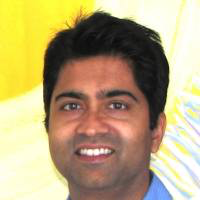
Chandra Sripada
Chandra Sripada works on issues about human mind and agency that lie at the intersection of philosophy and the behavioral and brain sciences. He received his PhD in philosophy from Rutgers University in 2006 and completed residency training in psychiatry at the University of Michigan in 2009. He holds a joint appointment at the University of Michigan. One appointment is in the Department of Psychiatry, where he studies brain mechanisms of decision-making, prospection, and self-control. The other appointment is in the Department of Philosophy where he tries to understand how emerging results from the sciences impact our picture of ourselves as free and rational agents.
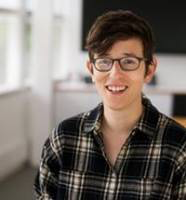
Diana Tamir
Diana Tamir is an Assistant Professor of Psychology at Princeton University. She uses functional neuroimaging, behavioral techniques, and machine learning to study the cognitive and neural basis of self-referential thought and social behaviors. She received her Sc.B in cognitive neuroscience from Brown University, her Ph.D. in Psychology from Harvard University, and her postdoctoral training at Stanford University.
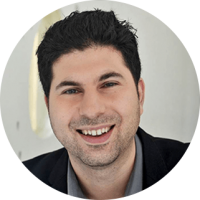
Scott Barry Kaufman
Scott Barry Kaufman is the Scientific Director of the Imagination Institute and a researcher and lecturer in the Positive Psychology Center at the University of Pennsylvania, where he investigates the measurement and development of intelligence, imagination, and creativity. Kaufman has authored/edited seven books, including Wired to Create: Unraveling the Mysteries of the Creative Mind (with Carolyn Gregoire), Ungifted: Intelligence Redefined , The Complexity of Greatness: Beyond Talent or Practice , and The Philosophy o f Creativity (with Elliot Samuel Paul). Kaufman is also co – founder of The Creativity Post, host of The Psychology Podcast, and he writes the blog, Beautiful Minds, for Scientific American. Kaufman completed his doctorate in cognitive psychology from Yale University in 2009 and received his master’s degree in experimental psychology from Cambridge University in 2005, where he was a Gates Cambridge Scholar.

